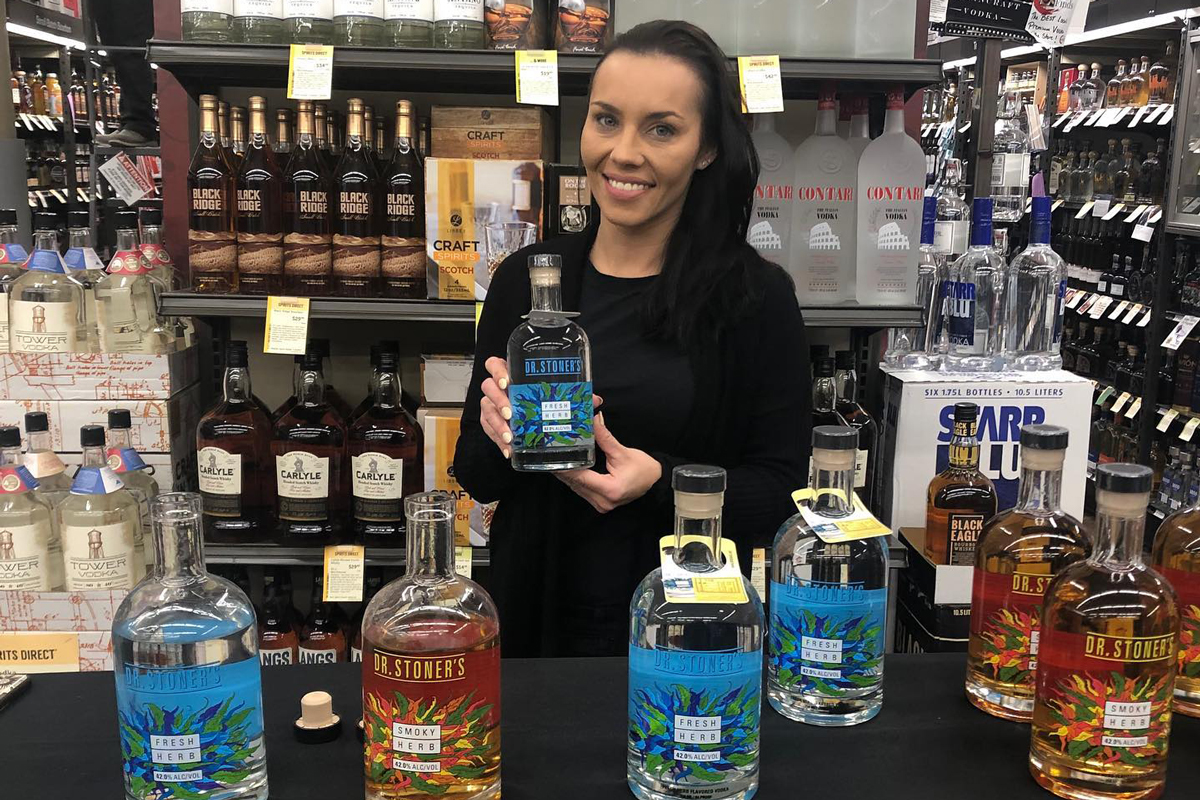Long gone are the days where an attractive promo model was the sole expectation for experiential promotions. Consumers are more brand conscious than ever, and companies expect their representatives to be educated and knowledgeable.
Thirty years ago, it would be rare to see a beer brand host a promotional event without some attractive female models to engage their predominantly male audience. Today, however, not only has experiential marketing moved into many other brand categories well outside the alcoholic beverage space, but the adage “sex sells” doesn’t always apply when consumer trends focus on factors such as health, wellness, price and sustainability. It’s critical for every brand ambassador that’s representing a company’s products and services to be able to confidently answer the most critical questions that consumers can – and will – ask.
1. What is it made of? Whether ingesting, wearing or otherwise being exposed to your brand, consumers want to know what effect your product will have on them physically. Selective consumers will know by the ingredients and materials if they will want to utilize your brand and that knowledge will certainly impact their purchase decision.
2. Where is it from? This question is common to the “buy local” consumer that wants to support their community. Brand ambassadors should know the point of origin for their goods, such as the location of manufacturing or the company’s headquarters.
3. How much does it cost? Price point is often the most critical factor in making a purchase decision. Nobody wants sticker shock when they arrive at the cash register and find out that the new brand of whiskey that they discovered costs twice as much as their go-to brand. Prices should either be memorized or displayed prominently at the activation location.
4. Where can I buy it? This may seem like an obvious question to answer when in a retail setting; however, most of the product won’t usually be stocked at the demo location. Before each activation starts, a brand ambassador should know where the product is located on the shelf and if the account has any additional stock in inventory for replenishment.
5. What other products are it like? As the old saying “if you like that, then try this!” goes, relating your product to similar products that the consumer is familiar with will increase their interest and the likelihood that they will buy. It’s important to note that the brand ambassador should also be educated as to how your brand is superior, whether it be quality ingredients, taste, effectiveness in use or price point. Either the consumer is spending the same for something unique or better, they are paying less for the same value or both!
6. Is this safe for me? Health and safety may play a huge factor in whether or not a consumer can even utilize your product, such as if they have food or skin allergies. Even though health and safety information should already be prominently displayed on your brand’s packaging, a brand ambassador should be made aware of any heath concerns that consumers might inquire about.
7. How do I use it? It’s critical to explain the uses for your brand’s product or service, even when those uses may seem obvious or self-evident. Not only will doing so provide personalized engagement for your brand, but it will also allow you to provide more value to your brand than otherwise may be obtained by the consumer when utilizing it on their own. For instance, if you brand is alcoholic spirits, share recipe cards with consumers. If you’re demonstrating an appliance with multiple features, the brand ambassadors should be able to show all of the features to prospective consumers.
8. How does it solve a particular problem? Finding the consumer’s “pain point” – the specific problems faced by consumers – are critical when determining whether or not you should launch your brand. Many millionaires – and a few billionaires – have been created when one insightful and ambitious entrepreneur saw a problem faced by many and went about developing a widely adopted solution. Brand ambassadors should not only understand how to use your brand’s product or service, but also what problem it solves by doing so.
9. How does this meet my social values? How a brand demonstrates its social values is not only important to capture consumer attention, but also may often be a deciding factor in executing the sale. Brand ambassadors should always share the brand’s values – such as if the products are sustainably sourced, if the company donates to a particular charity or if the company is women or minority owned – with consumers, as these factors will often lead to more sales when engaging with an aligned consumer audience.
10. Where do I go with any other questions? While this may seem like a “catch all” question, it’s important to note that consumers will often have questions that they don’t think about during the brand demo and will need answers to after they’ve made the purchase. Even more callenging, the consumer may ask a question that the brand ambassador doesn’t have an answer for. While it’s easy to say “I don’t know” or “go to the website,” an educated brand ambassador should be able to provide the brand’s website address and where the FAQ page and customer support telephone number can be found.

